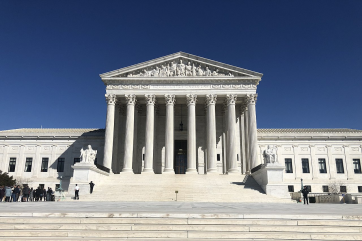Child Vaccine: Children Still Need Vaccination For Diseases That Never Been Seen Before [VIDEO]
By Don Don NavidadAn article published by the Centers for Disease Control and Prevention pointed out 10 greatest public health achievements over the past 100 years. One of it was vaccination, which has saved millions of lives from 1900-1999.
Vaccines have decreased the numbers of individuals affected by potentially deadly diseases such as whooping cough, influenza, polio and measles. But, in more recent years, some parents have questioned the safety and necessity of vaccines. Some parents even started to ask whether their children still need vaccination for diseases that have never been seen before. The inaccurate information that linked vaccination to autism was a key factor. Nonetheless, that claim has now been crushed by countless high-level studies.
What should be settled scientifically is that vaccines prevent disease and it does not cause autism. Non scientists are the ones who usually ignite the confusion.
University of Sydney researchers examined five cohort studies which involve more than 1.25 million children. The researchers found no link between numerous vaccines and the neurodevelopmental disorder, autism. The same review also found out that the development of autism is not associated with the utilization of mercury in vaccines, NZ Herald reported.
Meanwhile, U.S. medical experts emphasized the essential of the World Immunization Week. The experts also raised concern about parents who still aren't vaccinating their children, which continues to bump up preventable disease outbreaks, CBS News reported.
Nonetheless, there are misleading information about vaccines, which can influence a lot parents to avoid vaccinating their children. Wherein, even public health officials and doctors strongly recommend or even require the vaccination.
In spite of that, vaccines are safe, as it has kept children healthy and have saved millions of lives. Pediatricians believe that children should receive all the recommended childhood vaccines. If a person decides not to immunize, that person is not only putting his/her child at risk to catch a disease, but also putting others in contact with their child at risk.
Watch The Video Here:








